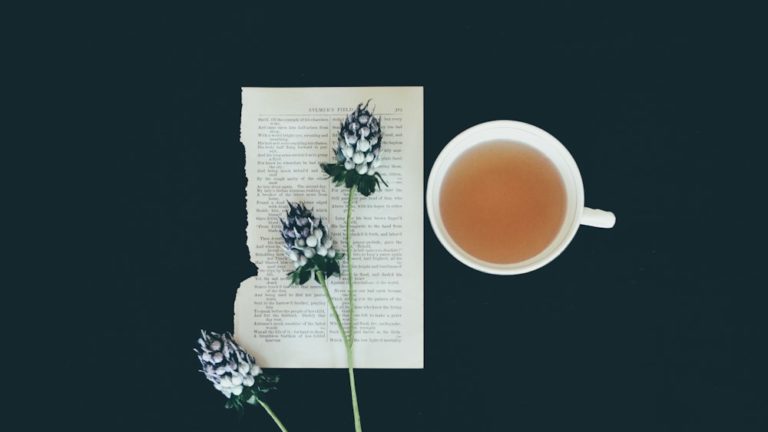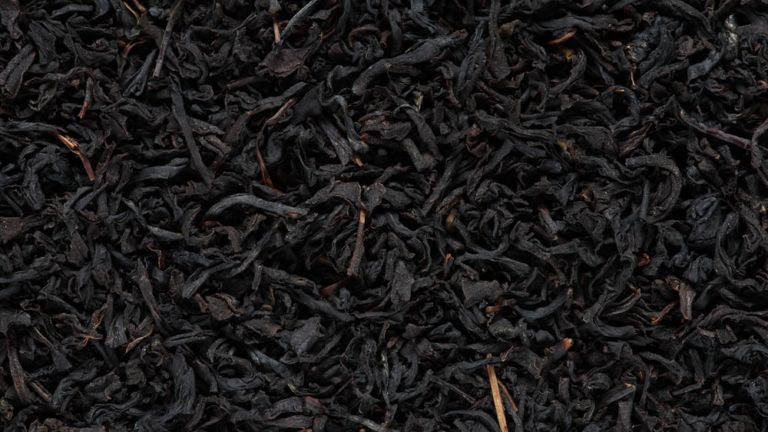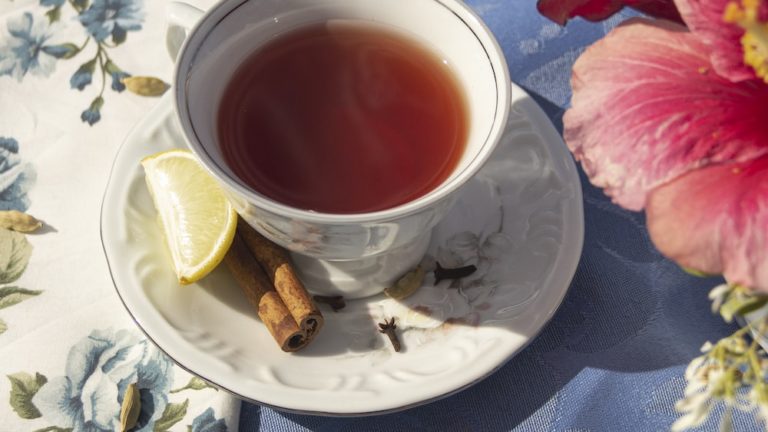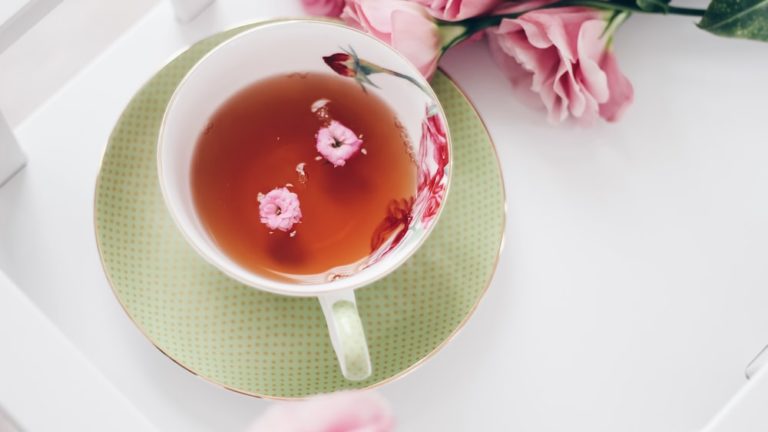Enhance Your Sleep Routine With Black Tea Before Bed
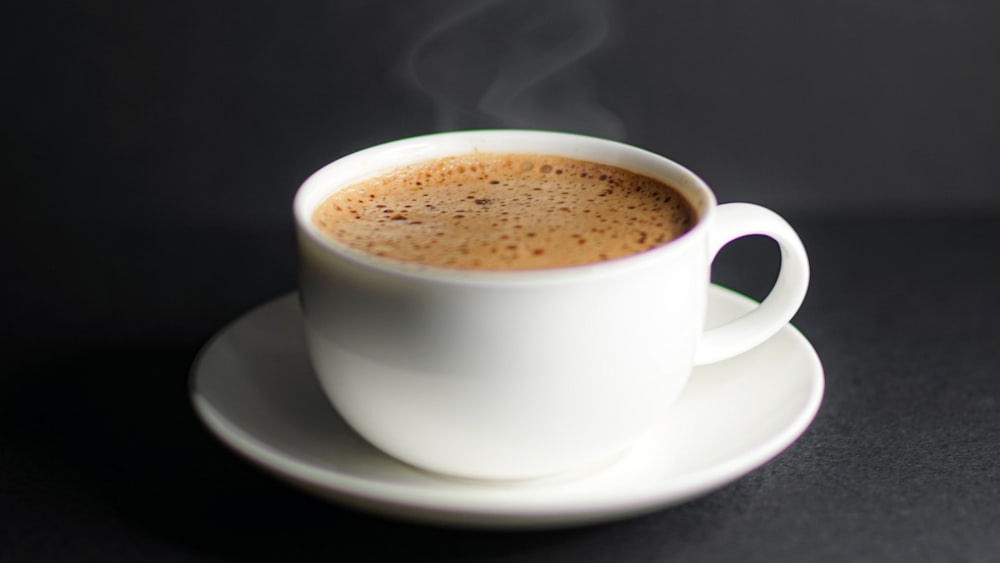
Enhance Your Sleep Routine With Black Tea Before Bed
Imagine tucking yourself into bed, the gentle aroma of black tea wafting through the air, promising a night of calm and restful slumber. Yes, you heard it right! Integrating black tea before bed might just be the twist your sleep routine didn’t know it needed. Often, when we think about tea, our minds dart to invigorating cups of morning joy or afternoon pick-me-ups. But who would have thought that this same elixir, known for waking up nations, has a secretive night-time persona that whispers sweet lullabies?
Key Points:
- Black tea before bed can enhance sleep quality by promoting relaxation and preparing the body for rest.
- The components of black tea, including antioxidants and L-theanine, contribute to its sleep-inducing effects.
- Black tea contains moderate caffeine levels, but when consumed in moderation and timed appropriately, it can aid in relaxation without disrupting sleep.
- Choosing the right black tea variety, brewing techniques, and timing can optimize the benefits of drinking black tea before bed.
- Individuals sensitive to caffeine, pregnant or nursing, or with certain health conditions should consider avoiding black tea before bed.
- Understanding potential interactions with medications and personal sensitivities is crucial before incorporating black tea into a nighttime routine.
The worlds of tea aficionados and health-conscious individuals are abuzz with the surprising benefits this beloved brew has to offer when enjoyed before hitting the pillow. It’s like finding out that your favorite superhero has an alter ego you knew nothing about. As we peel back the layers, we uncover a tale of relaxation, antioxidants, and a series of bodily rituals that prepare you for a night of serene dreams.
Join us as we embark on this cozy journey, one steaming cup at a time, unveiling the mysteries that make black tea before bed more than just a bedtime story. With every sip, we drift closer to unlocking the perfect recipe for enhanced sleep, proving that sometimes, the most unexpected choices bring the most delightful outcomes.
The Surprising Benefits of Black Tea Before Bed
Steeping into the world of black tea before bedtime reveals a night-time symphony of benefits that go beyond mere relaxation. This dark, fermented treasure from the Camellia sinensis plant is not just a beverage; it’s a potion of sleep-inducing magic. Just when you thought black tea was all about morning vigor, it turns out to be a snug hug that prepares your mind and body for a trip to dreamland.
Understanding the Components of Black Tea
The alchemy of black tea lies within its complex concoction of compounds, each playing a unique part in the nightly ballet of sleep preparation. At its core, black tea shares its roots with siblings green tea and white tea, hailing from the ever-versatile Camellia sinensis plant. However, it’s the fermentation process that darkens the leaves and enriches them with a distinctive character and a kaleidoscope of flavors.
Black tea is a reservoir of antioxidants such as theaflavins and thearubigins, which not only contribute to its robust flavor but also offer numerous health benefits. It doesn’t stop there; nestled within these dried leaves are essential oils, polyphenols, and a moderate amount of caffeine, each playing a role in the tea’s ability to stump stress, boost relaxation, and subtly align your circadian rhythms.
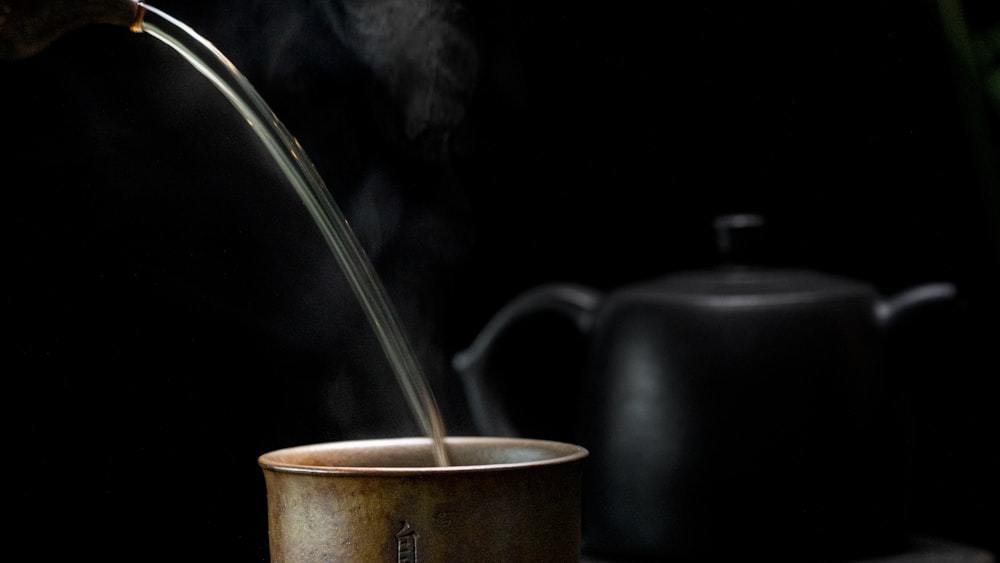
Black tea’s unique compounds, including antioxidants, essential oils, polyphenols, and a moderate amount of caffeine, work together to enhance flavor, provide health benefits, reduce stress, promote relaxation, and support circadian rhythms.
How Black Tea Can Enhance Your Sleep Quality
Drinking black tea before bed does a curious dance with our sleep quality. It’s akin to inviting a gently stimulating friend over who knows exactly when to say their goodbyes, leaving you in a state of calm readiness for sleep. This is largely thanks to L-theanine, an amino acid exclusive to tea plants, celebrated for its stress-reduction properties and ability to increase relaxation without inducing drowsiness.
L-theanine synergizes with the modest caffeine content in black tea, gently nudging the brain into alpha frequencies, a marker of relaxation and alertness that’s often observed in meditators. Plus, black tea’s antioxidants aid in combatting inflammation and oxidative stress, two villains known to sneak around and disturb our sleep fortress.
Debunking Myths: Caffeine and Sleep
In our quest for nocturnal bliss, the mention of caffeine often raises eyebrows. The common script suggests it’s the arch-nemesis of sleep, but hold that thought! Turns out, caffeine and sleep aren’t always at loggerheads. It’s about understanding the nuances and learning how to play the caffeine card right before bed.
The Truth About Black Tea’s Caffeine Content
When it comes to caffeine, black tea holds a middle ground, more mellow than coffee but slightly punchier than its green tea cousin. On average, a cup of black tea contains about half the caffeine you’d find in the same amount of coffee, translating to a gentler nudge to your alertness without steering you into a state of overdrive.
The exact caffeine content can vary based on factors like the type of tea leaves, brewing time, and water temperature. But generally, sipping on a cup of black tea imparts a milder caffeine kick, less likely to jitter your path to dreamland than a late-night espresso shot.
How the Body Processes Caffeine at Night
Our bodies process caffeine in curious ways, with its effects largely hinging on individual sensitivity and metabolism speed. While caffeine indeed has the potential to keep minds and eyes wide open, its impact can diminish when consumed in moderation and timed appropriately before bedtime.
Researchers have discovered a wide range in caffeine half-life, meaning the time it takes for half of the caffeine substance to be eliminated from the body can fluctuate significantly among adults. Considering this, timing your black tea consumption a few hours before bed allows for a harmonious compromise, letting you savor the tea’s benefits without letting caffeine play spoiler.
Timing your black tea consumption strategically can help you enjoy its benefits without caffeine affecting your sleep.
The Right Way to Incorporate Black Tea Into Your Nighttime Routine
Finding the perfect way to weave black tea into your nighttime routine is akin to fine-tuning an instrument. It’s about hitting the right notes to harmonize with your personal sleep symphony, making every sip count towards a night of blissful slumber.
Choosing the Right Black Tea for Sleep
Selecting the right black tea for sleep is less about reading leaves and more about understanding their origin, processing, and properties. Not all black teas are created equal when it comes to fermentation and caffeine levels, with some varieties boasting a lighter touch suitable for pre-slumber sipping.
Opt for blends known for their calming effects, such as those infused with lavender or chamomile, adding an extra layer of relaxation. Organic teas or those labeled as decaffeinated offer a safer bet for those particularly sensitive to caffeine’s stimulating effects, ensuring the tea enriches rather than interrupts your journey to sleep.
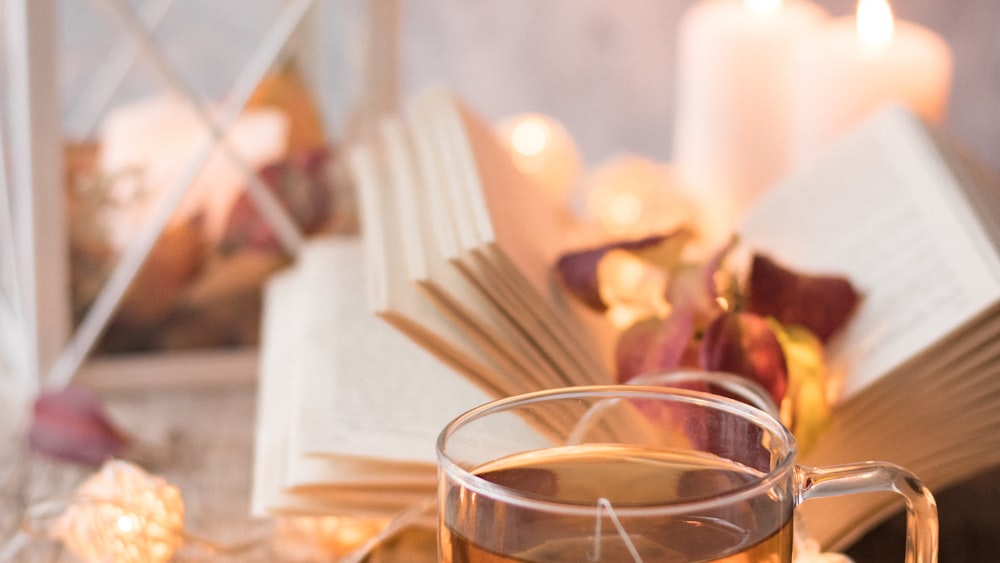
Best Time to Drink Black Tea Before Bed
Timing is everything when incorporating black tea into your bedtime ritual. Conventional wisdom and a sprinkle of research suggest drinking tea 1-2 hours before bed allows ample time for the body to process the caffeine, leaving room for the relaxation properties of the tea leaves to take center stage.
This window provides a dual advantage: it caters to slow caffeine metabolizers by giving the body enough time to process the caffeine while simultaneously allowing the mind and body to bask in the calming afterglow of a warm tea infusion. Think of it as setting the stage for sleep, inviting relaxation in while gently escorting any lingering caffeine effects out the door.
Potential Interactions and Considerations
While the benefits of black tea before bed are vast, it’s prudent to tread with awareness of potential interactions and considerations. Like any beverage containing caffeine, individual sensitivities can vary, and what works like a charm for one might be less enchanting for others. [1]
Medications, supplements, and certain health conditions might not mingle well with black tea, making it essential to have a candid chat with your doctor before embracing this bedtime tradition. Always note your body’s signals and adjust your consumption accordingly, ensuring that black tea serves as a comforting prelude to sleep rather than an unexpected plot twist in your night-time narrative.
Medications and Black Tea Interactions
When sipping on your nighttime brew, it’s crucial to understand that black tea isn’t just a comforting blanket for your soul; it’s a cup bustling with compounds that might interact with medications. Yes, you heard that right. For example, black tea is high in vitamin K, which can reduce the effectiveness of blood thinners. Furthermore, because of its caffeine content, it can amplify the effects of certain stimulant drugs, making your heart do a marathon you never signed up for.
It’s not just about the heart, though. Some antidepressants, when invited to the same party as caffeine, can lead to an elevation in blood pressure or increase the jitters. Therefore, communicating with your doctor about your black tea consumption is as essential as reading the brewing instructions on a new tea tin. It’s about harmony, not playing biochemical tug-of-war in your body.
Understanding how black tea interacts with medications is crucial for your overall health and well-being, emphasizing the importance of communicating with your doctor about your tea consumption habits.
Who Should Avoid Black Tea Before Bed?
While most of us dream of a restful slumber, cuddled up with the soothing embrace of black tea before bed, it’s not a one-size-fits-all pajama. First off, individuals with sensitivity to caffeine should steer clear, as it might turn their lights on brighter than a Christmas tree, rather than guiding them to the land of Nod. Secondly, those suffering from anxiety disorders or insomnia might find that black tea amplifies their nighttime woes, sending sheep on a sprint around their minds rather than lulling them to sleep.
Moreover, folks who are pregnant or nursing should consider opting for a decaf version or a different soothing nightcap, as caffeine can affect the little ones in ways we’re still learning about. And of course, if you find yourself visiting the bathroom more often than a tourist with a map, it might be wise to put the cup down a bit earlier. It’s all about understanding your body and how it dances – or doesn’t – with the elements in black tea.
Making the Perfect Cup of Black Tea for Sleep
Nestling into bed with the perfect cup of black tea can feel like a sacred ritual for many. The key to enhancing sleep quality through this nighttime potion lies in the selection of the right variety and technique. A gentle brew that whispers, rather than shouts, can guide you into a tranquil state, prepping your mind and body for a night of deep rest. Be prepared to experiment and find that personal concoction that harmonizes with your evening vibe.
Recommended Black Tea Varieties for Sleep
Might I suggest turning your attention to less oxidized or mild black teas for that pre-bedtime ritual? Many connoisseurs lean towards Darjeeling – the champagne of black teas – for its lighter body and floral notes. It’s like donning a velvet robe rather than a wool sweater: refined, comforting, and without the heft. Another splendid option is a gently rolled Nilgiri, which sings with subtle fruity notes, ensuring your leap into dreamland is more of a glide.
Also, don’t shy away from exploring blends infused with lavender or chamomile, plants revered for their sleep-promoting properties. These aromatic partners don’t just dance gracefully with black tea’s robust character; they add a layer of relaxation to your cup, coaxing your senses into a state of ready repose. It’s about crafting a symphony, not just a song.
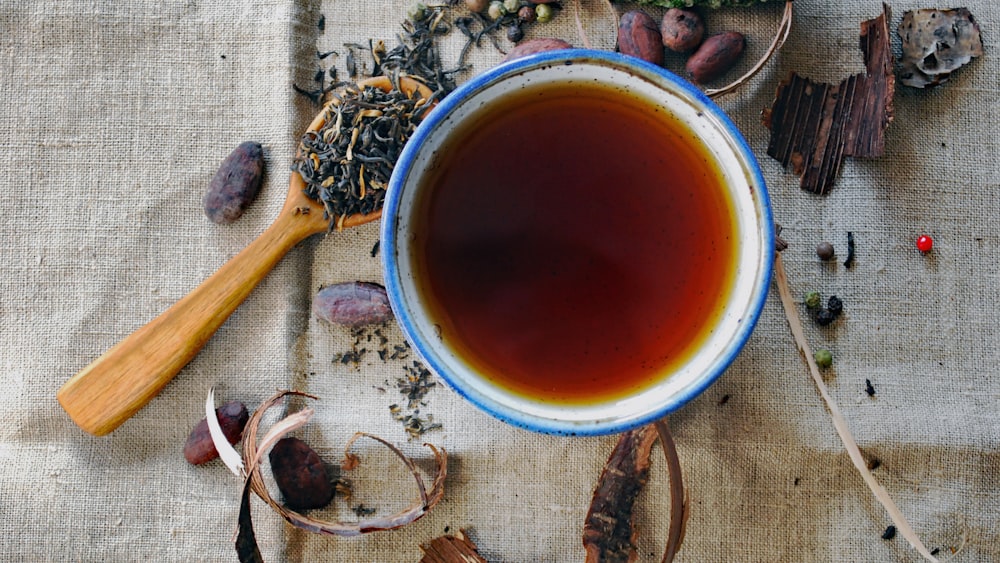
Craft your pre-bedtime tea ritual like a symphony, opting for less oxidized black teas like Darjeeling or Nilgiri with floral or fruity notes, and consider blends with lavender or chamomile for a relaxing journey into dreamland.
Brewing Techniques for Maximum Benefits
To extract the essence of black tea without overstepping into bitterness or excessive caffeine, a gentle hand and patience are your allies. Begin with filtered water, as it’s the blank canvas for your infusion masterpiece. Heat the water just until bubbles form but shy away from a vigorous boil, aiming for a sweet spot around 200°F. This is where the magic starts simmering.
Next, the act of steeping shouldn’t be a marathon. For these nighttime varieties, 3-5 minutes is the golden window. It allows the tea to unfold its flavors and properties gently, without releasing too much caffeine or tannins that could turn your relaxed evening into a staring contest with the ceiling. And if you’re feeling adventurous, adding a dollop of honey or a sprinkle of nutmeg can transform your cup into a lullaby for your taste buds.
FAQs
1. Can black tea really improve sleep quality?
Yes, black tea can improve sleep quality, especially when chosen and brewed with care to minimize caffeine content and maximize relaxation compounds.
2. How much black tea should I drink before bed?
How much black tea one should drink before bed varies, but generally, one cup is considered sufficient to harness its benefits without overstimulating the system.
3. Are there any side effects of drinking black tea at night?
Yes, potential side effects of drinking black tea at night include disrupted sleep patterns or increased nighttime awakenings for those sensitive to caffeine.
4. Can I drink black tea if I’m sensitive to caffeine?
If you’re sensitive to caffeine, opt for decaffeinated black tea or black tea blends with calming herbs to enjoy before bed without the stimulating effects.
Conclusion
In the dance of nighttime rituals, integrating black tea before bed can be a delightful twirl towards better sleep. Yet, the harmony in this dance comes from choosing the right partner – a tea that whispers of relaxation rather than shouting wakefulness. Through understanding the delicate balance of caffeine, antioxidants, and the soothing power of specific blends, we can craft a pre-sleep routine that supports our journey to the land of dreams. [2]
Navigating the myth-infested waters of caffeine close to bedtime requires a compass that points towards self-awareness and experimentation. And remember, while the benefits of black tea before bed are steeped in both tradition and science, listening to your body’s unique responses leads to the sweetest dreams. [3]
As we bid adieu to the day and welcome the embrace of slumber, remember it’s not just about closing your eyes; it’s about nurturing a state of relaxation that guides you there. So, here’s to finding that perfect sip that gently lowers the curtain on the day. Happy zzz’s and sweet dreams, dear readers.
With warmth and a cuppa in hand, Zoe

